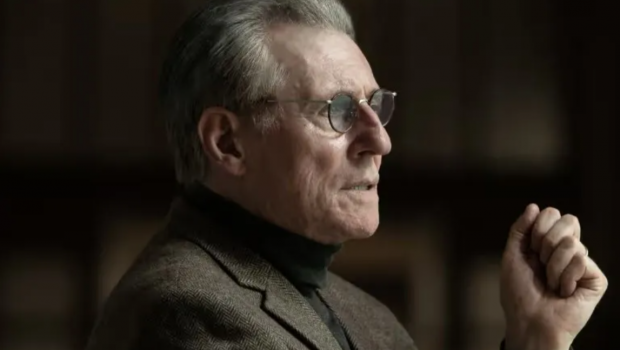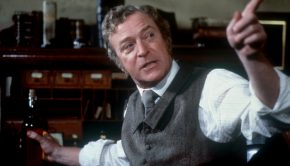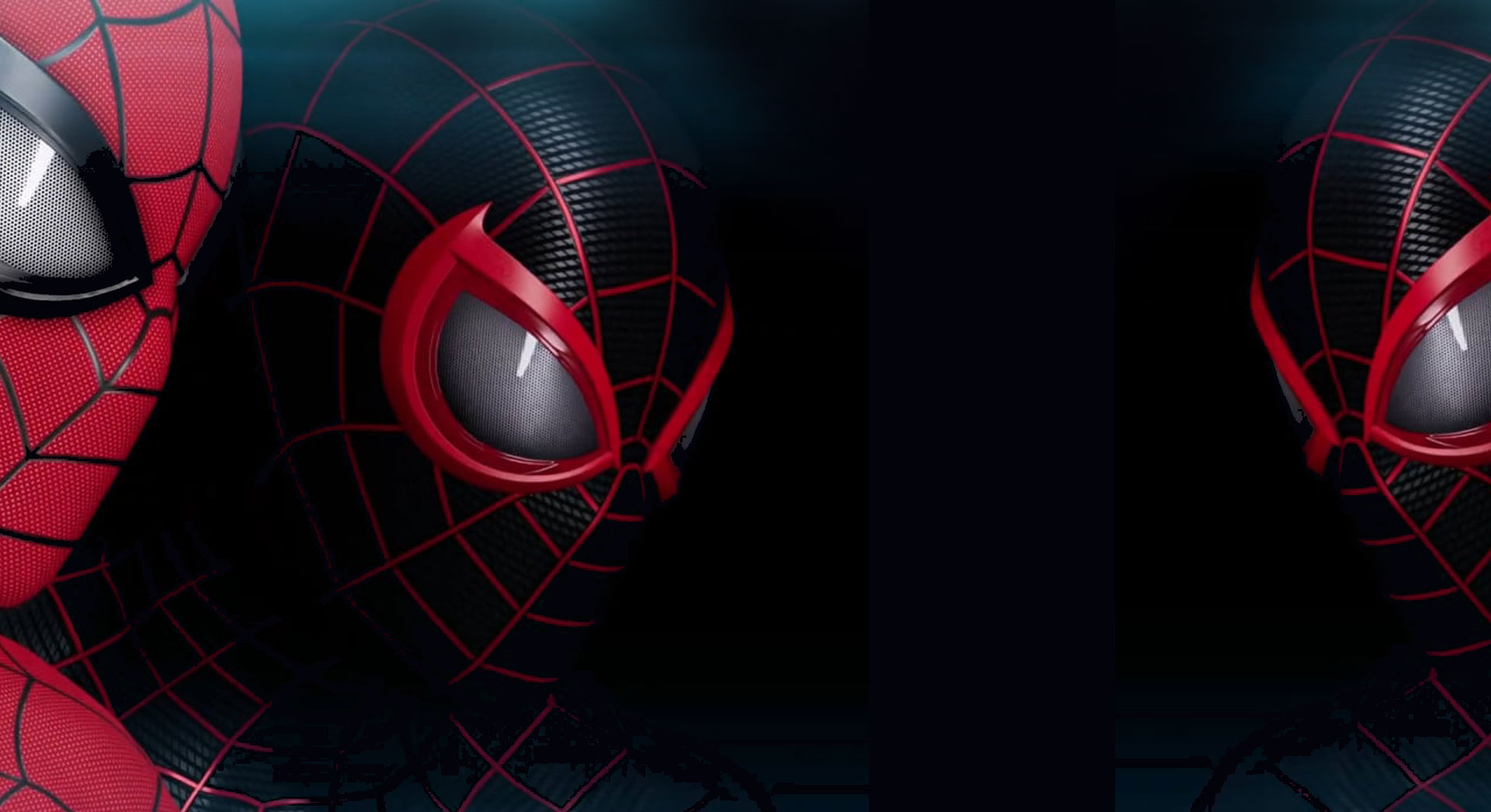First Dance Film Review
Summary: Irish laureate, Samuel Beckett is given the biopic treatment here. It is a very straightforward rendering of the life of an incredible artist.
2
Nobel nobleman
Samuel Beckett was an icon of the 20th century. The late Irish writer and playwright was an expert at exploring existentialism. The bio-pic, “Dance First’ is a linear telling of his life, which feels too straightforward considering its artistic subject is an undisputed literary genius.
James Marsh directs this film. He is the Oscar-winning director of the documentary, “Man on Wire.” Having previously tackled Stephen Hawking in the “The Theory of Everything,” Marsh is clearly no stranger to the bio-pic genre. Although it must be said that this film is much bleaker and guilt-filled than Hawking’s.
There is some poetic license with “Dance First.” It opens with the Nobel prize winning ceremony where Beckett was set to win a prize. Clearly uncomfortable with the award and the prize-money, he declares it a “catastrophe.” In reality, he did not attend and his spouse, Suzanne, is the one credited with the line.
That scene serves as a catalyst whereby Beckett (the adult version played by Gabriel Byrne) to reflect on various chapters from his personal and professional life. Most of the episodes in this film are named after an integral person in Beckett’s life. There are flashbacks to his controlling mam (Lisa Dwyer Hogg) and an ill-fated romance with Lucia (Gráinne Good) who just happens to be the daughter of fellow writer and mentor, James Joyce (Aidan Gillen). Beckett’s spouse Suzanne (Sandrine Bonnaire) and his friend Alfy (Robert Aramayo) also get a look-in.
Byrne as the elder Beckett brings a dry performance to the curmudgeon-like elder statesman. It is quite the contrast to Fionn O’Shea’s turn who brings a wide-eyed aloofness to the great man. The performances are solid and seem true to the subject matter. But Neil Forsyth’s script leaves a little to be desired, as the 100-minute run time feels like it drags out to over double that length.
The visuals are handsomely-shot and alternate between colour, and black and white. The latter chapters with Beckett and Suzanne as older folk seem to nod at the film, “Amour.” The love triangle in Beckett’s life is also explored. The black and white moments where Beckett is a young man and fighting in the French resistance are far moodier and more atmospheric than the visuals shot in his later years.
Beckett’s works are name-checked here. But the true fans will see that they have barely scratched the surface at exploring the full literary canon with this film. The title of the movie is actually a nod to the famous play, “Waiting for Godot,” where the line is “Dance first, think later.” Wise words indeed.
“Dance First” is ultimately a rather bland look at a famous writer’s life. In some respects it is quite a serviceable biopic packing in some of the main signposts, although emotionally it seems to lack real depth. This slow drama may appeal to some of Beckett’s diehard fans while others may find it too staid and safe overall.








